9 Japanese Parenting Traditions That Western Parents Would Never Try
Parenting reflects an entire culture’s way of thinking. In Japan, where community and courtesy come first, raising kids looks very different from what most Westerners expect. Some habits might initially seem unfamiliar, but they reveal a commitment to shared spaces, respect, and emotional awareness.
Soft Voices, Even with Toddlers
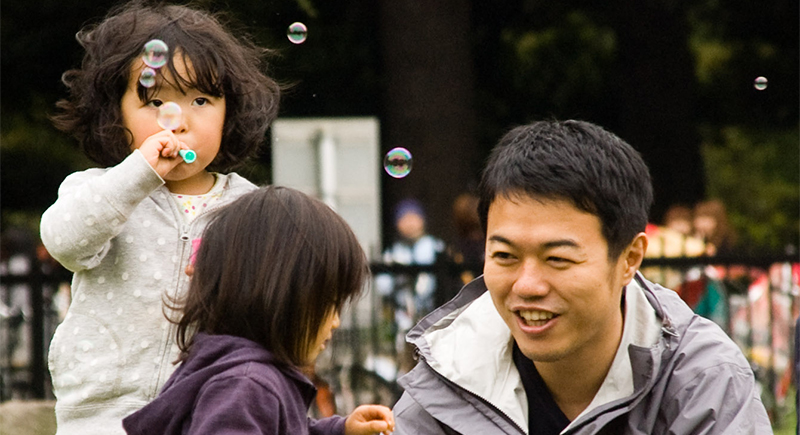
Credit: Wikimedia Commons
In Japan, even tiny children learn to keep their voices low when they’re out in public. A crowded train can feel oddly silent, even when packed with families. Instead of scolding loudly, parents often whisper reminders. At first, the hush feels eerie. Then you start appreciating the calm in ways you didn’t expect.
Rush Hour Stroller Etiquette
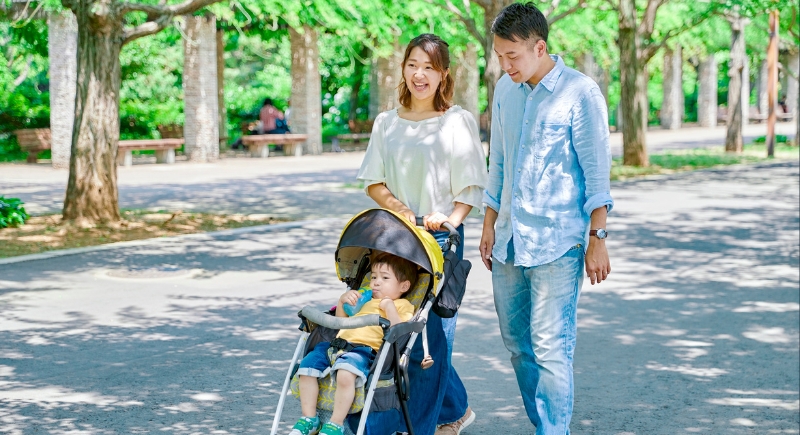
Credit: Aflo Images
If you ever ride a morning train in Tokyo, you’ll notice something immediately—there are almost no strollers. Parents fold them neatly or avoid rush hour altogether. Space is too precious to take lightly. It’s not just about politeness; it’s about thinking ahead so everyone can move smoothly through crowded streets.
Cleaning Up After Restaurant Meals
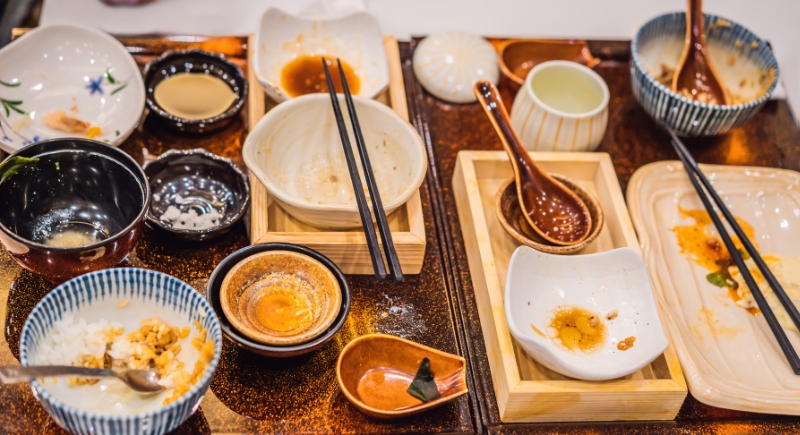
Credit: Getty Images
Even in casual cafes, Japanese parents make a habit of tidying up after a meal. Napkins are folded, crumbs brushed away, trays stacked neatly. No one asks them to do it—it’s just part of the rhythm of daily life. You quickly realize that in Japan, small acts of respect aren’t optional; they’re expected.
Shoes Off on Seats
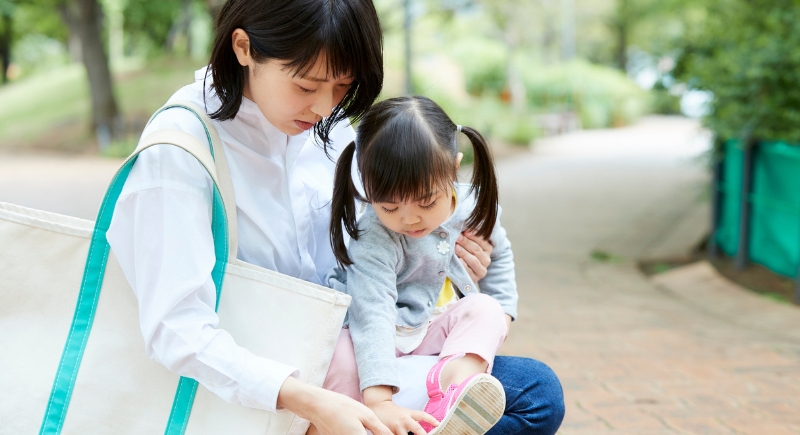
Credit: Aflo Images
It’s common to see parents quickly remove a child’s shoes before they climb onto a bench or a train seat. Dirty shoes touching shared spaces are seen as thoughtless, not just messy. Watching this ritual, you understand how deeply cleanliness and courtesy etched into everyday habits.
Strict Rules for Diaper Changing
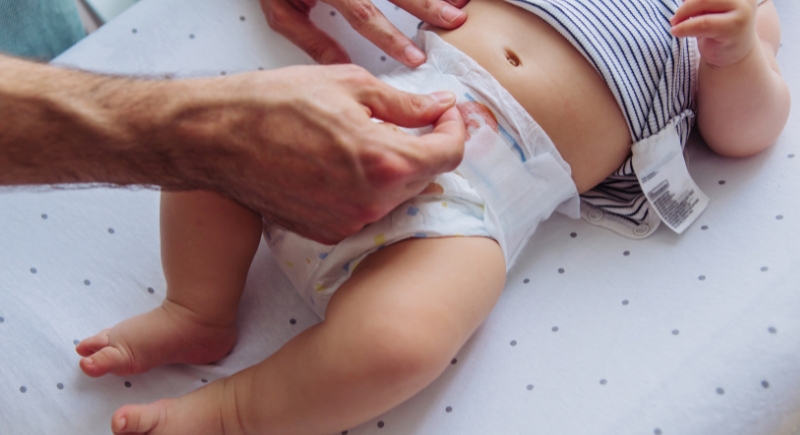
Credit: Getty Images
Changing a diaper out in public is almost unheard of. Instead, malls, train stations, and restaurants offer dedicated nursing rooms. If no bin is available, used diapers are sealed in special bags and carried home. It’s a small but clear message: respect for public spaces always comes first, even in tough moments.
Breastfeeding Privately
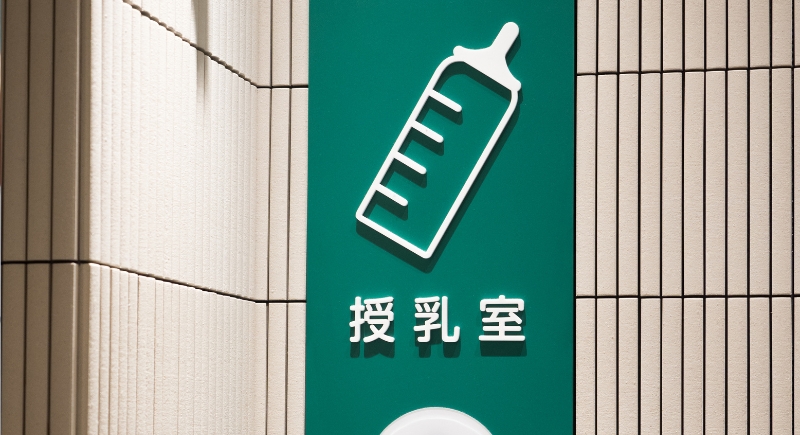
Credit: Getty Images
Although attitudes are shifting, most Japanese mothers still prefer private nursing rooms over breastfeeding openly. Even with a cover, public nursing remains rare. It’s seen less as shameful and more as an act of discretion, a moment between mother and child rather than something for strangers to witness.
Putting Toys Back After Playing
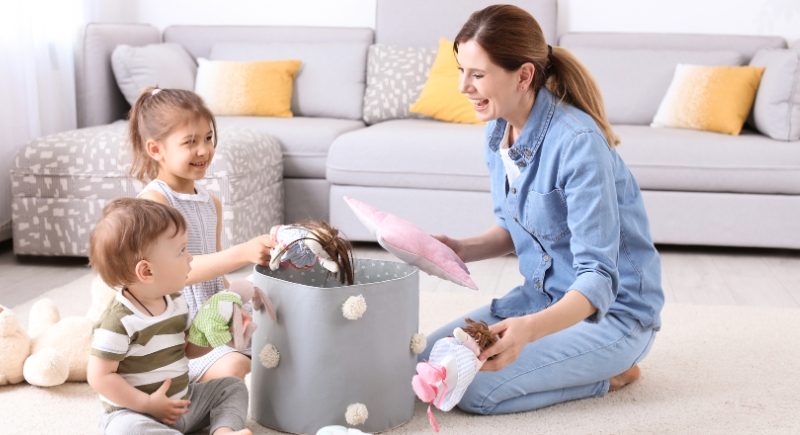
Credit: Africa images
Children are expected to tidy up the toys they use at play cafes or community spaces before leaving. Parents guide this habit from an early age. Picking up isn’t treated as punishment—it’s part of showing gratitude to others. After a few days, you also find yourself picking up toys.
Cleaning Saliva-Covered Toys
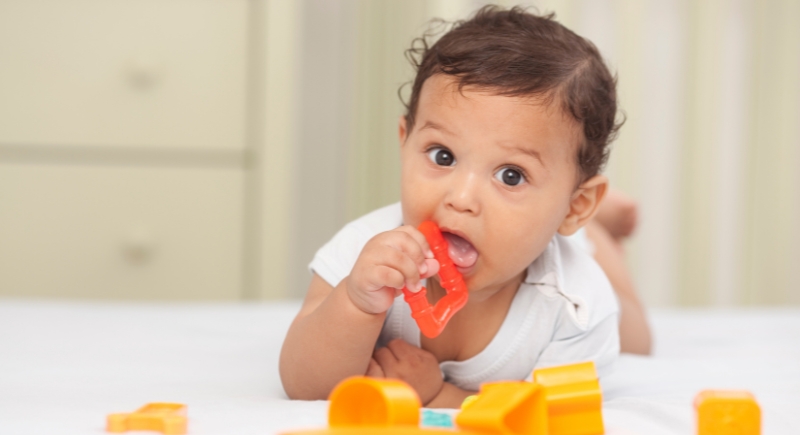
Credit: Getty Images
When toddlers inevitably mouth a toy, many parents reach immediately for disinfectant wipes. It’s not about overprotectiveness—it’s about leaving public spaces clean for the next child. This attention to tiny details reflects a broader mindset: personal convenience never outweighs the comfort and safety of others.
No Public Appearances When Sick

Credit: Getty Images
A mild cold is often enough reason for a child to stay home. In Japan, keeping germs out of shared spaces is a basic courtesy. Canceling plans for a sniffle might initially seem extreme, but it’s rooted in a strong cultural understanding that personal responsibility includes protecting others.
Constant Parental Vigilance

Credit: pexels
While many Western parents encourage independent play, Japanese parents tend to stay close. Watching a park or playground, you’ll notice fewer moments of unsupervised exploration. It’s not hovering—it’s about quietly ensuring that children are safe, respectful, and mindful of how their actions affect those around them.
Affection Without “I Love You”
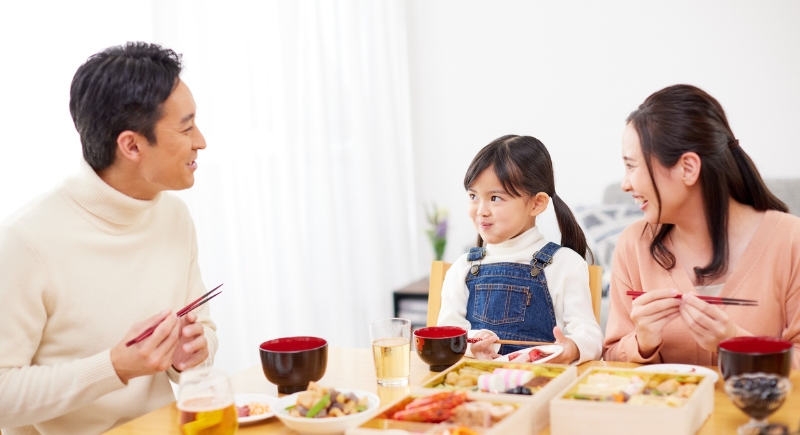
Credit: Aflo Images
Japanese parents often show love through actions rather than words. Warm meals, shared baths, and small acts of care substitute for frequent hugs or verbal affirmations. Although affection may seem restrained to outsiders, beneath the surface, it runs deep.
Sleeping Together for Years
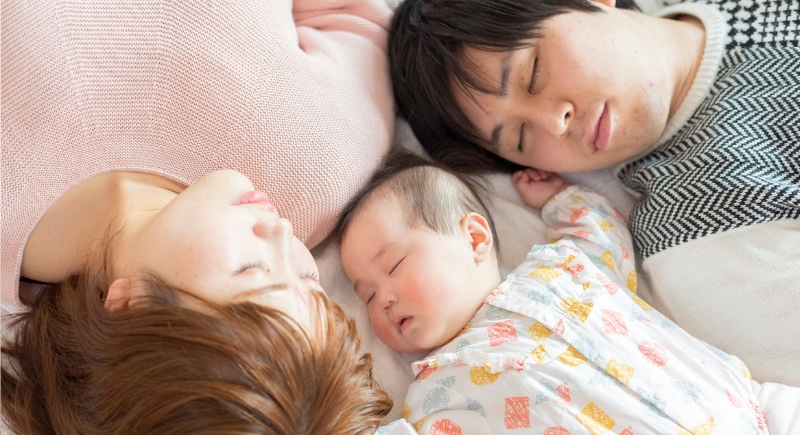
Credit: Canva
Co-sleeping isn’t just for newborns in Japan. Many families share sleeping spaces well into elementary school years, often on futons laid side by side. Far from being stifling, this closeness nurtures security and emotional bonds many parents view as essential foundations for a child’s well-being.
Empathy Over Discipline

Credit: Aflo Images
Rather than strict punishments, many Japanese parents focus on helping children understand the emotional impact of their actions. A child who snatches a toy might be gently asked, “How do you think that made her feel?” Over time, this approach builds a deep awareness of others, not just blind obedience.
Social Shame as a Teaching Tool

Credit: Canva
When a child misbehaves, the conversation often centers on how their behavior reflects on the family or group. Rather than isolating blame, parents connect actions to shared reputation. While it can seem harsh, it reinforces a sense of belonging—and a lasting awareness that personal choices carry communal weight.
Early Lessons in Self-Regulation
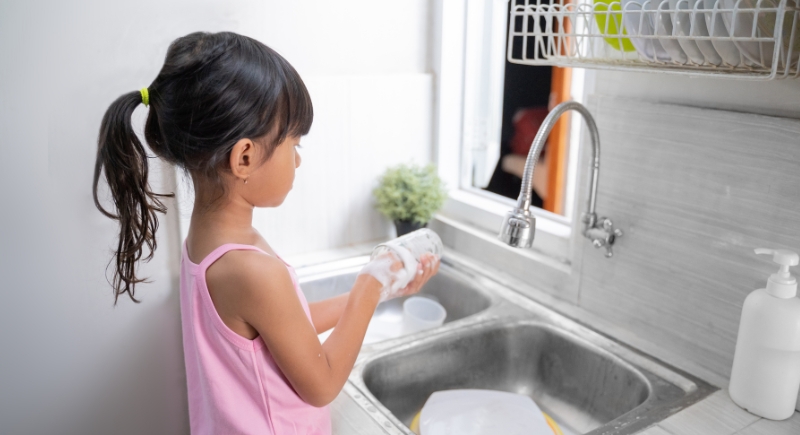
Credit: Odua Images
Japanese children often begin practicing independence at surprisingly young ages. Tasks like running errands alone aren’t seen as risky but as opportunities to build self-control and responsibility. Shows like My First Errand capture what locals take for granted: young children are trusted to rise to the challenge, calmly and thoughtfully.